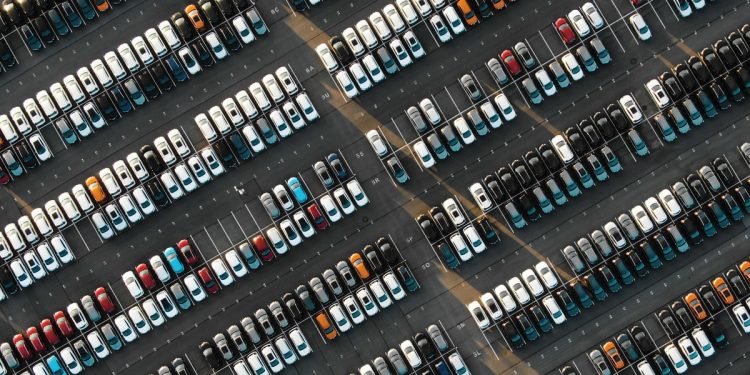The finished vehicle logistics sector is adapting to unprecedented challenges with a focus on innovation and sustainability. As global supply chains grow more complex, leveraging technology and collaborative strategies has become essential to ensure efficient delivery.
Navigating Challenges
1. Supply Chain Disruptions
Geopolitical tensions, semiconductor shortages, and fluctuating fuel prices are creating bottlenecks in vehicle logistics, requiring agile and tailored solutions.
2. Sustainability Mandates
With the shift toward electric vehicles (EVs) and green logistics, companies are adopting eco-friendly practices like alternative fuel vehicles and optimized rail transport to reduce emissions.
Tech-Driven Solutions
- AI and Machine Learning: Enhancing route optimization and delivery precision.
- IoT Integration: Real-time tracking for improved supply chain visibility.
- Blockchain Technology: Boosting transparency and trust across global networks.
Strategic Innovations
- Collaborative Models: Partnerships between automakers, suppliers, and logistics providers streamline operations and mitigate risks.
- Digital Transformation: Automation tools reduce errors and ensure seamless delivery.
- Predictive Analytics: Anticipating disruptions to enhance resilience.
Industry Outlook
A sector expert noted:
“Finished vehicle logistics demands a proactive approach. Technology, sustainability, and collaboration are the pillars of future-ready operations.”
The Road Ahead
With a commitment to innovation, finished vehicle logistics is poised to overcome complexities and set new benchmarks for efficiency, reliability, and sustainability.
#FinishedVehicleLogistics #TheLogisticNews #SupplyChainInnovation #AutomotiveLogistics #GreenLogistics #IoTInLogistics #FutureOfLogistics #SustainableSupplyChains






















